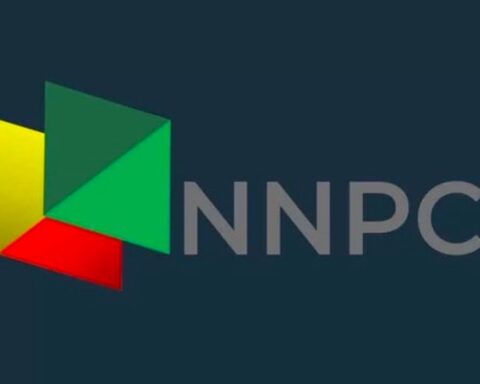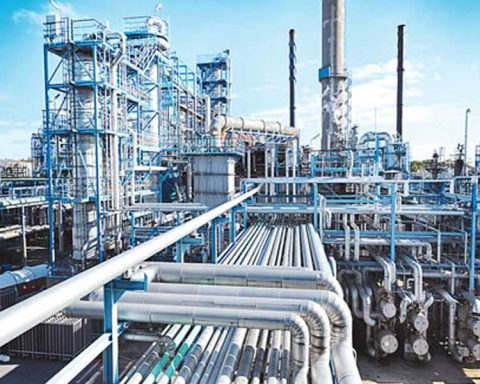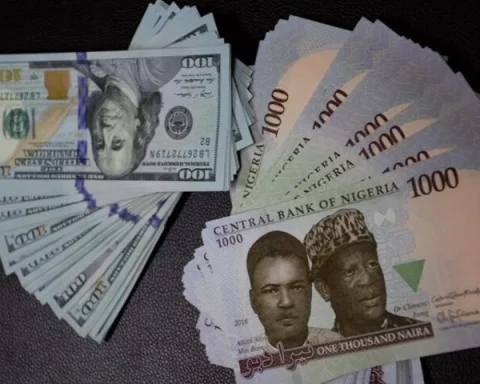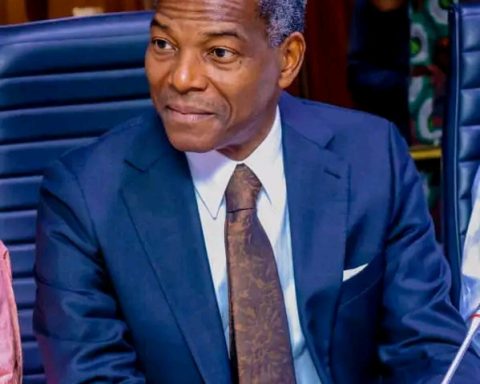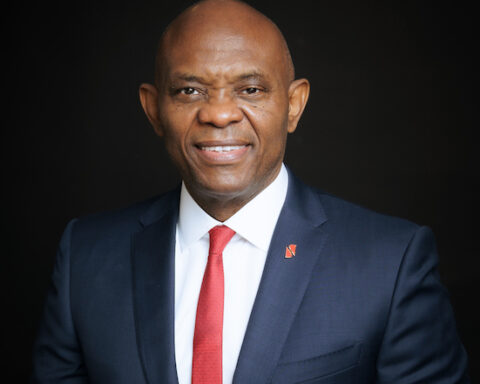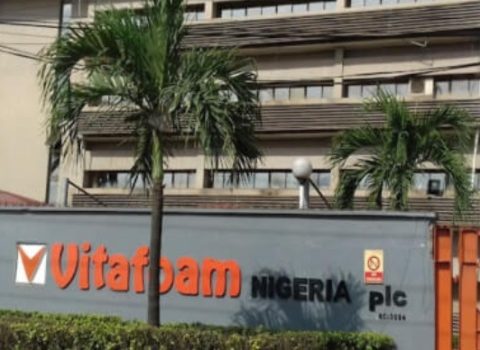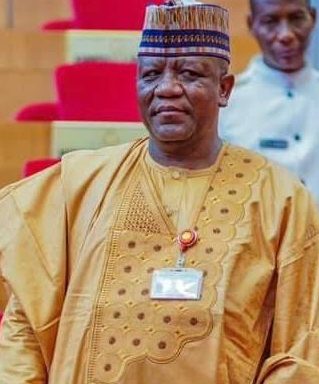Economist and Energy analyst, Mr Kelvin Emmanuel, has said the Nigeria Revenue Service (NRS) needs to be actively involved in the audit process by the Nigeria Upstream Petroleum Regulatory Commission (NUPRC) for the collection of royalties in the country’s oil and gas sector.
Mr Emmanuel stated this while commenting on the changes in revenue collection made by the new tax laws.
Join our WhatsApp ChannelPrime Business Africa reports that one of the tax laws, the Nigeria Revenue Service Act, which established the Nigeria Revenue Service to replace the Federal Inland Revenue Service, also empowered the NRS to take over the collection of taxes previously done by some agencies like NUPRC and the Nigeria Customs Service.
NUPRC was previously saddled with the responsibility of collecting royalties from oil and gas companies operating in the country. However, provisions in the new tax laws have given the responsibility to NRS.
Mr Emmanuel stressed that calculating royalties to be paid by companies in the oil and gas industry involves a complex process, hence the need for NRS to acquire the technical expertise.
According to him, some of the elements involved calculation include the oil price, volume, and depth of the oil well at lease, among others.
“NUPRC also has its collection of royalties transferred to the Nigeria Revenue Service. However, I think it’s better for the NRS to fiscalize and embed their staff in the process of NUPRC to audit, because of the complexity involved in calculating: — Oil price — Volume — Depth of Well at lease automatic custody transfer units (LACT meters),” Emmanuel stated via his X handle.
READ ALSO: Tax Reforms: TUC Warns Against Moving Oil, Gas Industry Royalty Collection To NRS
At the time the tax bills were undergoing deliberations at the National Assembly, the proposal to transfer royalty collection responsibilities from NUPRC to NRS became a contentious issue.
The Trade Union Congress President, Engr Festus Osifo, had raised concerns about the proposal, saying there are some technicalities required in calculating royalties to be paid by companies in the oil and gas industry.
Osifo, who is also president of the Petroleum and Natural Gas Senior Staff Association of Nigeria (PENGASSAN), stated that if not properly managed by NRS, International Oil Companies (IOCs) and indigenous ones could shortchange the federal government in terms of what they pay as royalties, leading to revenue losses.
He maintained that royalty determination and reconciliation require specialised expertise in oil and gas operations.
He called for proactive measures to ensure proper technical integration to enable NRS to acquire better expertise for accurate royalty assessment.
READ ALSO: NUPRC’s New Guidelines On Crude Exports Tackle Oil Theft, Boost Revenue Generation
Royalty determination requires specialised knowledge of reservoir engineering principles, production measurement technologies, hydrocarbon accounting methodologies, and industry-specific cost structures.
NUPRC recently completed a comprehensive engineering audit of oil and gas measurement systems, conducted by PE Energy Limited, with the Federal Executive Council’s approval.
NUPRC Chief Executive, Engr Gbenga Komolafe, emphasised that implementing the audit recommendations would “redefine how Nigeria manages and monetizes its most vital natural resource.”
READ ALSO: NUPRC Mandates Oil Licence Holders To Pay $5,000 For Extension
The Petroleum Industry Act 2021 established rigorous measurement standards through the Nigerian Upstream Petroleum Measurement Regulations.
The NUPRC audit’s measurement systems review helps to: verify production volumes independently; detect discrepancies between reported and actual production; identify potential underpayments or evasion, and support enforcement actions with technical evidence.
Analysts believe that this technical work provides the NRS with a unique opportunity to build its royalty collection system on a foundation of precise production data rather than estimates or self-reporting.
Emmanuel also expressed delight in the transfer of the revenue collection function from NCS to NRS, noting that it would promote accountability and transparency.
“I’m happy to hear that the Nigeria Customs Service lost the battle to keep its revenue collection function. Effective 1st January 2026, the Nigeria Revenue Service will now be responsible for collecting duties at ports of entry,” Emmanuel stated.
Victor Ezeja is a passionate journalist with seven years of experience writing on economy, politics and energy. He holds a Master's degree in Mass Communication.




